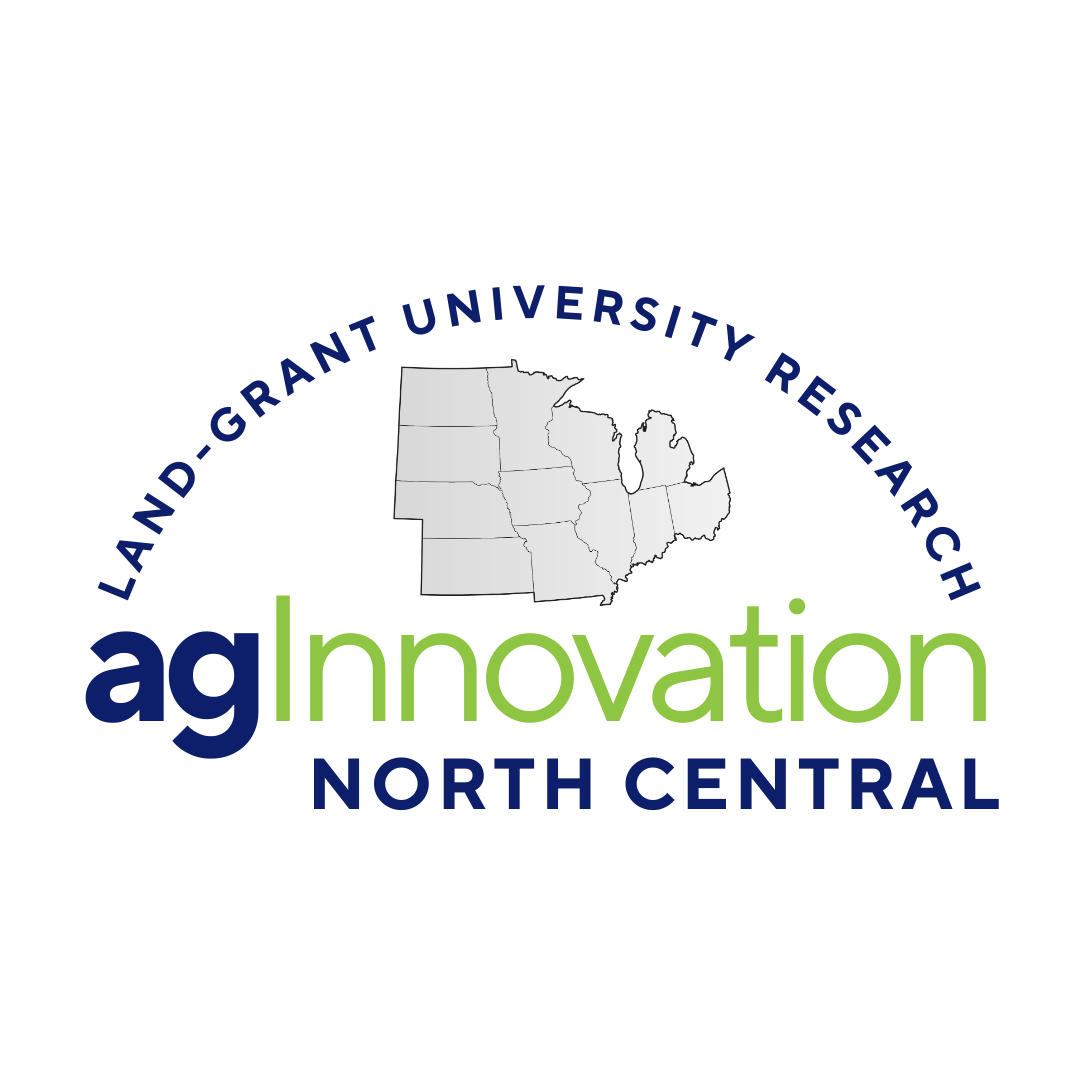
NCCC_OLD84: Potato Breeding and Genetics Technical Committee (NCR-84)
(Multistate Research Coordinating Committee and Information Exchange Group)
Status: Inactive/Terminating
NCCC_OLD84: Potato Breeding and Genetics Technical Committee (NCR-84)
Duration: 10/01/2002 to 09/30/2007
Administrative Advisor(s):
NIFA Reps:
Non-Technical Summary
Statement of Issues and Justification
The cultivated potato, Solanum tuberosum (2n=4x=48) is the most important vegetable crop and the fourth most important staple food crop in the world. The potato is also the highest volume vegetable crop in the North Central Region and accounts for approximately 28% of the US acreage. The farm gate value of the Region's production amounts to $453 million and since a large portion of the production is used in processing facilities, the value added component considerably increases the contribution of the crop to the economy of the North Central Region.
A potato crop produces, on average, more food energy and protein than cereals, and the lysine content of potato complements cereal based diets that are deficient in this amino acid. It is highly productive on a per acre basis and, because of its adaptability, can be grown commercially in any of the 50 states. In fact, the United States produces 22 million metric tons of potatoes annually on approximately 1.4 million acres, with a farm gate value of greater than $2.7 billion. In addition, the per capita consumption of potatoes (approximately 143 lbs.) in the United States is increasing.
Public breeding is the cornerstone of potato variety development in North America. There exists only one private potato breeding effort in the US and they breed only for the chip-processing market. NCR-84 plays an important role in this the success of varietal breeding by providing a forum for collaborative research, regional varietal testing and by facilitating the exchange of germplasm and research ideas. The four varietal breeding programs in the North Central develop varieties for the range of climatic and soil conditions within the region. The North Central breeding programs have developed 5 of the 10 leading varieties grown in the US. This regional project also provides an important vehicle for project leaders, graduate students, and industry representatives to become familiar with leading edge technology, materials and techniques being developed in potato breeding and genetics. Important advances in potato genetics have emerged from this regional effort. Some notable efforts include development of breeding strategies enabling the utilization of the genetic diversity available in the Solanum species; germplasm collection, systematics, preserving and cataloguing; genetic mapping of important traits; integration of transgenic approaches in genetic improvement; and the genetic understanding of numerous resistance and quality traits of potato (i.e. late blight, verticillium wilt, soft rot, Colorado potato beetle, cold sweetening resistance and specific gravity). NCR-84 also provides the foundation for building strong research relationships within the region that will foster positive collaborative research efforts in the future.
�Objectives
-
Provide a forum for multidisciplinary idea exchange and discussion of current research topics in potato breeding and genetics and offer training opportunities to graduate students.
-
Active coordination of the breeding and genetics research programs within quad state (Michigan, Minnesota, North Dakota and Wisconsin) to enhance variety development efforts. This will include developing a series of disease, insect and quality evaluations that take advantage of the current strengths and expertise of each state's research programs.
-
Create a setting for industry personnel and North Central breeders and agronomists to report and discuss variety trial results conducted in the North Central region through a rotating location and a restructured meeting format.
-
�
Procedures and Activities
Expected Outcomes and Impacts
- Coordination of the quad state (Michigan, Minnesota, North Dakota and Wisconsin) breeding and genetics research program to enhance variety development efforts.
- Through the participation of a diversity of potato researchers (breeders, geneticists, molecular biologists and agronomists) from the North Central, Western, and Northeast regions and Canada 1) provide a forum for multidisciplinary idea exchange and discussion of current research topics and 2) offer training opportunity to graduate students.
- To provide a broader assessment of advanced breeding germplasm, a series of disease, insect and quality evaluations will be developed that draw upon the current strengths and expertise of each state's research programs.
- Through a rotating location and a restructured meeting format, create an environment to educate industry personnel about the variety trial results conducted in the North Central region.
- �
Projected Participation
View Appendix E: ParticipationEducational Plan
The NCR-84 meeting format has traditionally been a reporting and discussion of research on a state-by-state basis. To make the results presented at the meeting attractive to industry clientele, the meeting will be divided into one day of variety reports (from all states) and another day of breeding and genetic research (from all states). In this manner the results presented will have a more direct impact upon the potato industry. The second component of this meeting format is that the meeting site will rotate to different states within the North Central region so that the travel to the meeting will be advantageous for a different subset of industry each year. We envision a 4-5 year rotation cycle.
Organization/Governance
The recommended Standard Governance for multistate research activities include the election of a Chair, a Chair-elect, and a Secretary. All officers are to be elected for at least two-year terms to provide continuity. Administrative guidance will be provided by an assigned Administrative Advisor and a CSREES Representative.
Literature Cited
�